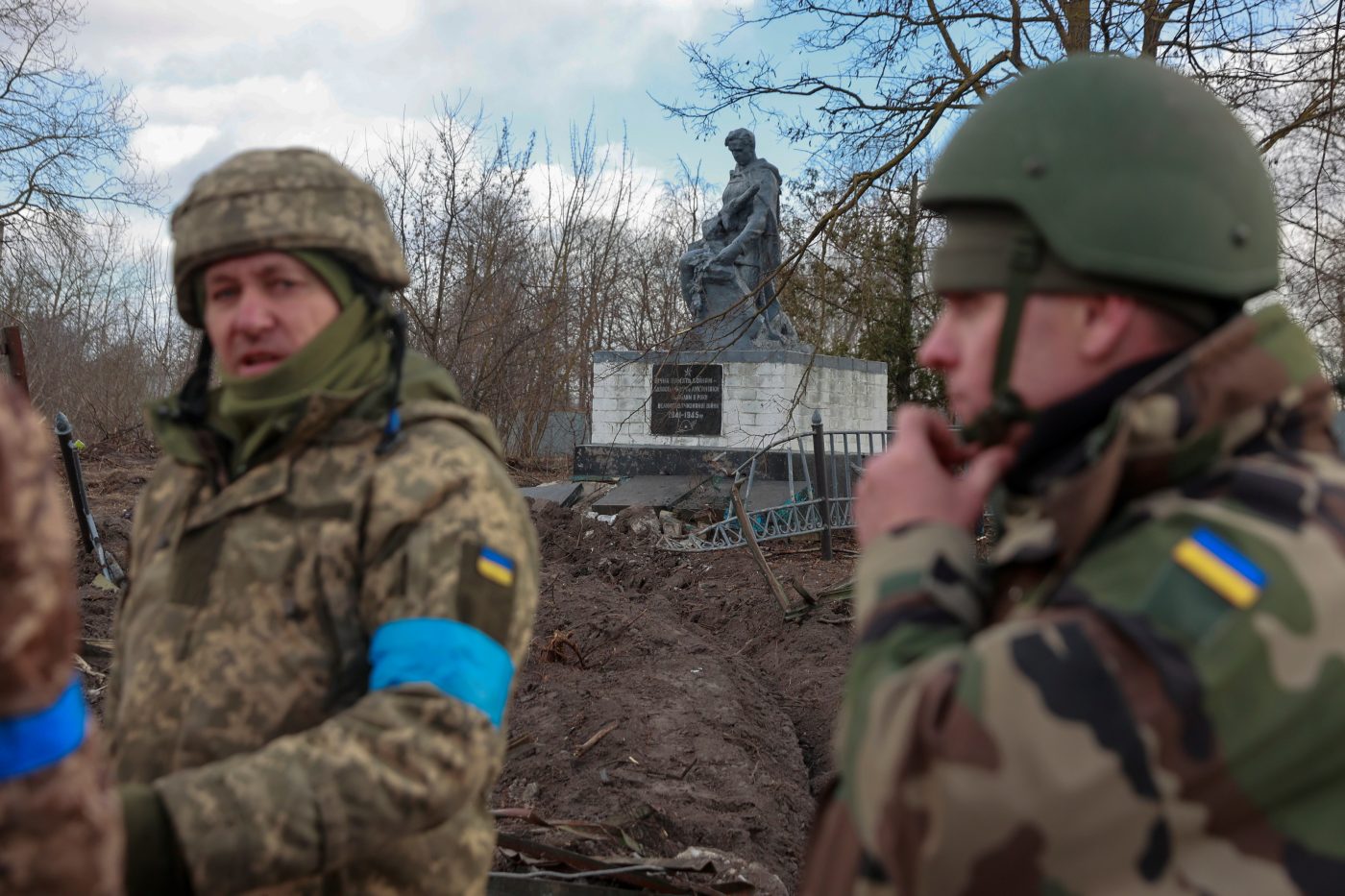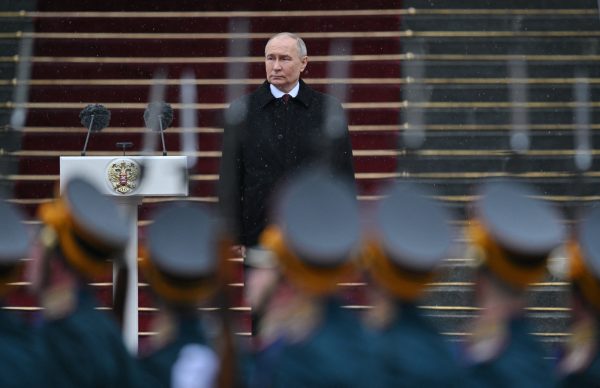Initial hopes that the Ukrainian assault would achieve a breakthrough have been dashed, as layers of Russian trenches and dense Russian minefields have inflicted heavy casualties and reduced the Ukrainian attack to a grind.
But in 1940, who would have expected Germany to conquer France and the Low Countries, and evict the British army from the Continent, in just six weeks? Especially when the combined allied armies were superior in numbers of tanks, were roughly equal in manpower, and enjoyed the advantage of fortifications such as the Maginot Line.
There were many reasons why the Germans won so quickly, but the most important was that the Allies were outmaneuvered. The French and British sent their best troops north into Belgium, while the Maginot Line guarded the south. But the Germans launched their armored thrust in the center of the line, through the lightly guarded Ardennes forest.
Being outmaneuvered is devastating, but it doesn’t have to be fatal. Russia itself proved that in 1941, as did Israel in the 1973 Yom Kippur War. Israeli forces were strategically surprised and badly outnumbered. But the Israelis quickly regained their balance, halting the Arab offensive and then improvising a counterattack that eventually brought them within striking range of Cairo and Damascus.
What doomed France in 1940 wasn’t the surprise German attack in the Ardennes, but rather how the French responded to the breakthrough. “Whatever the deep-seated causes of the disaster may have been, the immediate occasion was the utter incompetence of the High Command,” wrote historian Marc Bloch, who served as a logistics officer in the campaign, in his book Strange Defeat.
France had prepared for a replay of World War I. Its doctrine, mindset, and communications systems were based on a vision of methodical battle where plans were rigidly formulated, firepower was more important than maneuver, and the pace of war was slow enough to allow commanders to devise and transmit orders.
It took days for French reserves to respond to the breakthrough at Sedan, where the tenuous German bridgeheads across the Meuse River could have been crushed by a swift counterattack. Meanwhile, bold German tank generals, such as Guderian and Rommel, aggressively exploited every opportunity to maintain momentum and exploit the breach in the French lines.
Instead of fighting the methodical, choreographed war that they expected, the French were forced into a fast-paced mobile war that favored the Germans. Though not lacking in courage, French soldiers became confused and demoralized. “Again and again I have heard from tired, beaten, soured French soldiers the bitter words: ‘We were betrayed. The politicians sold us out,’ reported an American journalist at the time.
Sound familiar? Hampered by a rigid command structure, and poorly trained and motivated soldiers, Russia has been unable to defeat Ukraine despite superior numbers. Morale is low, perhaps because a large part of the Russian army is composed of “disposable infantry” expended like human bullets.
Russia has now largely gone on the defensive, to consolidate its gains behind the “Surovikin Line” of trenches and minefields. Ukraine has switched from Western-style mobile tactics to British 1917-style “bite and hold” operations to gain small chunks of territory while hitting the Russian rear with long-range weapons.
France 1940 and Ukraine 2023 are not identical. In particular, the German offensive enjoyed massive air support that Ukraine lacks. Nonetheless, Germany defeated France because it forced the French to fight the battle on German terms.
The problem for Ukraine is that it is fighting the battle that Russia wants. If Russia can’t beat Ukraine in mobile combat, then the next best thing is to wear the Ukrainians down through attrition and trench warfare. This is the sort of war that France preferred but failed to achieve.
Yet the 1940 campaign also offers hope to Ukraine. Once the Germans breached the French defenses, there eventually occurred that tipping point when French command and control could not keep up. “The metronome at headquarters was always set at too slow a beat,” wrote Bloch.
Ukraine’s offensive has made some progress in penetrating Russian defenses, though possibly too late to avoid the muddy weather. But if it can achieve a breakthrough this autumn or next summer, and push its new Western-supplied armor through the gap, then Russia will have to fight a dynamic battle that it is not prepared for.
It may also turn out that outcomes such as in 1940 are no longer possible. Swarms of reconnaissance and attack drones continually overhead, and salvoes of long-range shells and missiles may spell the end of decisive breakthroughs.
But who would have expected France to fall in six weeks? The outcome of the Ukraine war might yet surprise us all.
Michael Peck is a defense writer whose work has appeared in Foreign Policy, Forbes, Defense News, Business Insider, and other publications. He holds an MA in political science from Rutgers University. Follow him on Twitter and LinkedIn.
Europe’s Edge is CEPA’s online journal covering critical topics on the foreign policy docket across Europe and North America. All opinions are those of the author and do not necessarily represent the position or views of the institutions they represent or the Center for European Policy Analysis.





